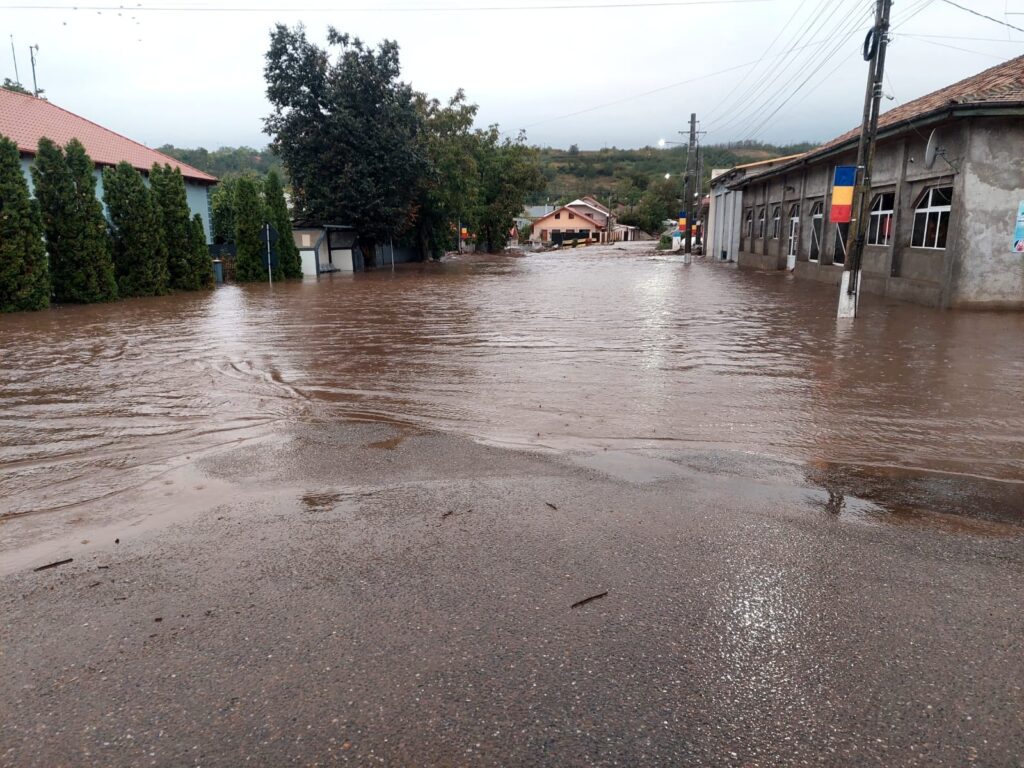The floods that killed 24 people in Central Europe earlier this month were caused by rainfall associated with human-induced climate change, a group of scientists said on Wednesday, Euronews reports.
Storm Boris hit Central Europe between September 12-16, flooding Poland, Romania, Slovakia, Austria, the Czech Republic, Italy and Germany following torrential rains. Thousands of people were forced to leave their homes as buildings were flooded, bridges collapsed and infrastructure was damaged.
A quick analysis by researchers from the World Weather Attribution (WWA) found the “fingerprints of climate change” on the intense rainfall that caused these catastrophic floods.
“These floods highlight the devastating results of fossil fuel-driven warming,” says Dr Joyce Kimtual, researcher at the Grantham Institute at Imperial College London.
“Until oil, gas and coal are replaced with renewable energy, storms like Boris will trigger even heavier rainfall, causing floods that paralyze the economy,” he added.
WWA researchers found that the four days of rainfall during Storm Boris were the heaviest ever recorded in Central Europe. The rainfall also covered an unusually large area, even larger than the previous historic floods of 1997 and 2002.
The cold air from the Alps, meeting the very warm air from the Mediterranean and the Black Sea, created a “perfect storm” that then left heavy rains on a very large area, scientists say.
Using meteorological observations and climate models, they found that climate change has caused severe four-day rains at least twice as long and 7% stronger. If global warming reaches 2°C above pre-industrial temperatures, similar storms will cause at least 5% more rain and will occur about 50% more frequently.
Insurance companies in Austria have estimated that the damage caused by the recent floods could reach 1 billion euros.





More Stories
Asteroid That Killed Dinosaurs 66 Million Years Ago Wasn’t Alone, Scientists Determine
“From Tribes to TikTok”: Youth, challenged with science, education and technology. 16 unique days in Braşov
Russian scientists stopped involvement in hypersonic missile development after FSB hunted them as ‘spies’